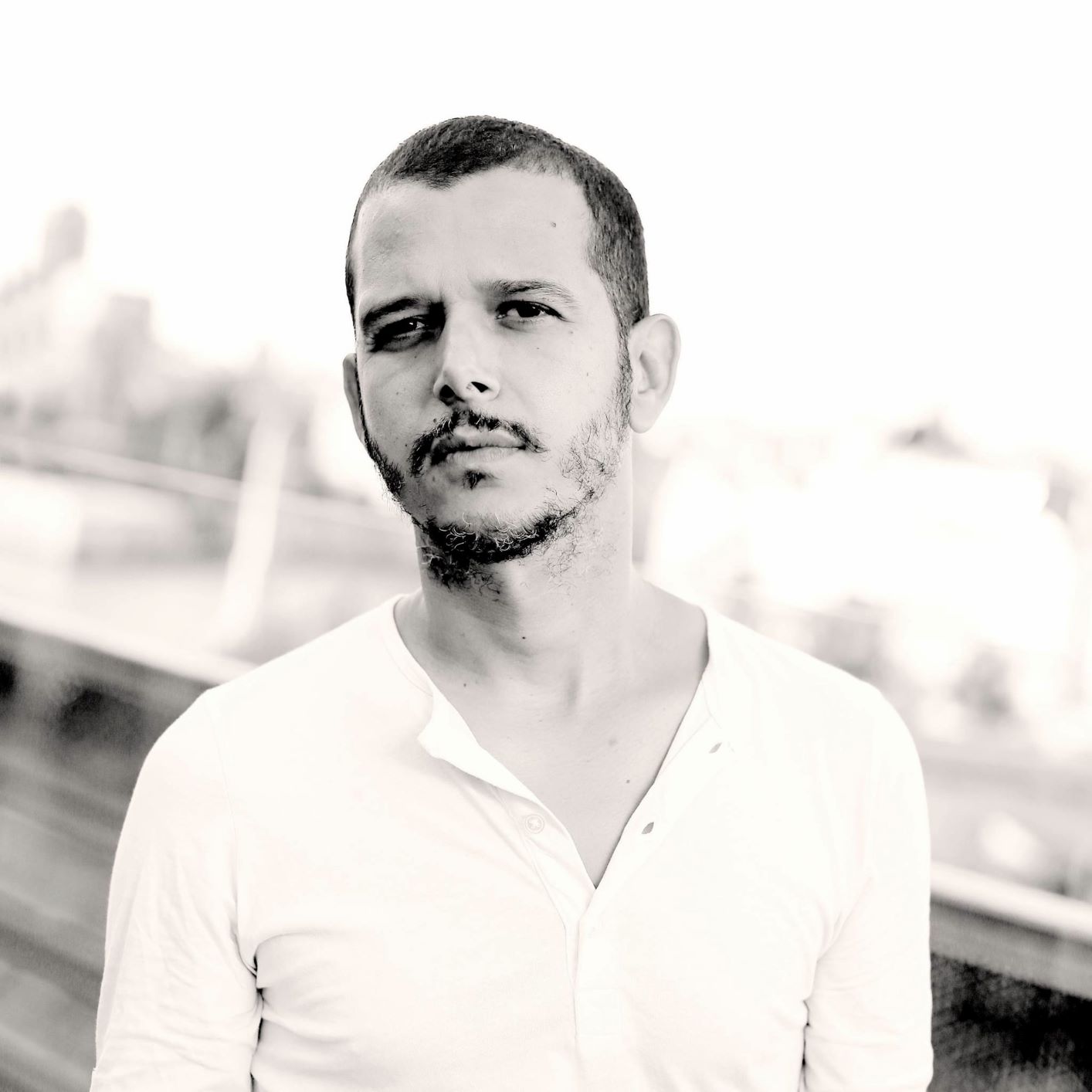
These men, whom we all knew quite well, cried out: “Abdellah, little girl, come down. Suddenly, the familiar voices of drunken men reached us. I, too, lay awake, on the floor beside my sisters, my mother close by. Everyone was trying in vain to fall asleep. It all came to a head one summer night in 1985. But what was I going to do? Change? Speak to my mother, my big brother? And tell them what, exactly? The image of myself they reflected back at me was strange and incomprehensible. My body was changing, stretching out, becoming a man’s. Even the teenagers who’d once taken part with me in the same sexual games. I was barely 12, and in my neighborhood they called me “the little girl.” Even those I persisted in playing soccer with used that nickname, that insult. Not only by my family, but also by the entire neighborhood. I know I was effeminate and aware that being so obviously “like that” was wrong. I no longer remember the child, the teenager, I was. Now I am 38 years old, and I can state without fanfare: no one saved me. And the dream, never to be realized, that someone would save me. The truth is, I don’t know how I survived. To be categorized for victimhood like those “emo” boys with long hair and skinny jeans who have recently been turning up dead in the streets of Iraq, their skulls crushed in.

An easy intimacy with women, my mother and my many sisters. How is a child who loves his parents, his many siblings, his working-class culture, his religion - Islam - how is he to survive this trauma? To be hurt and harassed because of something others saw in me - something in the way I moved my hands, my inflections. Like everyone else, they urged me into a terrible, definitive silence, there to die a little more each day. And I knew that no one would save me - not even my parents, who surely loved me. By the time I was 10, though no one spoke of it, I knew what happened to boys like me in our impoverished society they were designated victims, to be used, with everyone’s blessing, as easy sexual objects by frustrated men. In the Morocco of the 1980s, where homosexuality did not, of course, exist, I was an effeminate little boy, a boy to be sacrificed, a humiliated body who bore upon himself every hypocrisy, everything left unsaid.


 0 kommentar(er)
0 kommentar(er)
